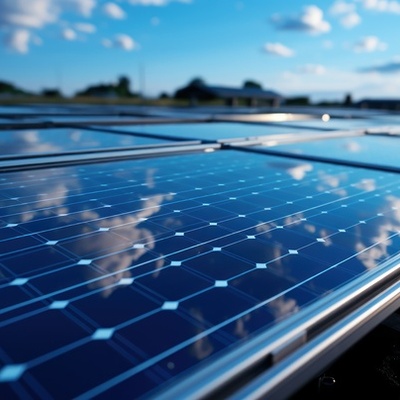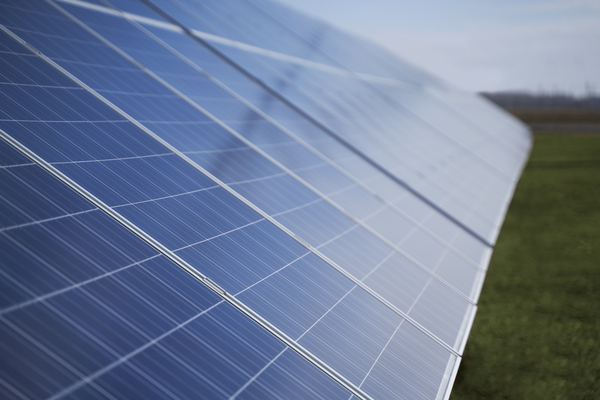Introduction to Tubewell Solar Systems in Pakistan
The tubewell solar system in Pakistan have become a sustainable and cost-effective solution for water pumping needs in Pakistan, especially in agriculture. This guide provides a detailed overview of these systems, covering their benefits, components, installation process, economic considerations, regulatory framework, and successful implementation case studies across Pakistan.
Benefits of Tubewell Solar Systems
Tubewell solar systems offer several advantages for agriculture and water management in Pakistan:
- Cost Savings: Solar-powered tubewells lower operational costs by removing fuel expenses and grid electricity bills.
- Reliability: Solar energy offers a consistent and reliable power source, reducing dependence on unreliable grid electricity and diesel generators.
- Environmental Sustainability: Solar-powered pumps reduce carbon emissions and have less environmental impact compared to conventional diesel pumps.
- Remote Accessibility: Tubewell solar systems can be installed in remote areas without grid electricity, improving water access for rural communities.
Components of Tubewell Solar Systems
Key components of tubewell solar systems include:
- Solar Panels: Photovoltaic (PV) panels convert sunlight into electricity to power the pump.
- Submersible Pump: Efficient pumps lift water from the ground to the surface for irrigation or domestic use.
- Mounting Structures: These secure the solar panels, optimizing sunlight capture.
- Inverter and Controller: Inverters convert DC electricity from the panels into AC for the pump, while controllers regulate system operation and monitor performance.
Installation Process of Tubewell Solar Systems
The installation process involves several steps:
- Site Assessment: Evaluate groundwater levels, well depth, and water demand to determine system requirements.
- System Design: Design the solar array layout, pump capacity, and storage needs based on water usage patterns.
- Installation: Install solar panels, mounting structures, submersible pump, inverter, and controller at the site.
- Commissioning and Testing: Conduct thorough testing to ensure the system functions properly, efficiently, and safely.
Economic Considerations of Tubewell Solar Systems
Economic factors influencing tubewell solar systems in Pakistan include:
- Payback Period: Calculate the payback period based on initial investment, energy savings, and maintenance costs.
- Return on Investment (ROI): Evaluate financial benefits, including reduced operating expenses and increased crop yield due to a reliable water supply.
- Government Incentives: Utilize subsidies, grants, and tax incentives offered by the government to promote renewable energy.
- Financing Options: Explore financing options like loans and leasing to reduce upfront costs and speed up system deployment.
Regulatory Framework and Supportive Policies
The regulatory framework for tubewell solar systems in Pakistan includes:
- Alternative Energy Development Board (AEDB): Regulates and promotes renewable energy projects, including tubewell solar systems.
- Net Metering: Facilitates the integration of solar-generated electricity into the grid, allowing excess energy to be sold back for credit.
- Tariff Structures: Ensure fair pricing mechanisms for solar energy, encouraging investment in renewable energy infrastructure.
- Licensing and Permits: Obtain necessary permits and approvals for tubewell solar system installations to comply with local regulations.
Case Studies: Successful Implementation of Tubewell Solar Systems
Examples of successful tubewell solar system implementations in Pakistan showcase their impact and benefits:
- Punjab: Farms in Punjab have adopted tubewell solar systems to improve irrigation efficiency, reduce costs, and increase crop yields.
- Sindh: Tubewell solar systems in Sindh have enhanced water access in remote villages, supporting livelihoods and agricultural productivity.
- Balochistan: Farmers in Balochistan have embraced solar-powered pumping solutions to overcome water scarcity and sustain agricultural activities.
Future Outlook and Emerging Trends
The future of tubewell solar systems in Pakistan looks promising, driven by technological advancements, policy support, and growing sustainability awareness:
- Technological Innovations: Advances in solar panel efficiency, pump technology, and energy storage solutions improve system performance and reliability.
- Government Initiatives: Ongoing support through incentives, subsidies, and capacity-building programs to expand renewable energy adoption.
- Community Participation: Collaborative projects and community-based initiatives promote decentralized water management solutions using solar energy.
Conclusion: Harnessing Solar Power for Sustainable Water Management
In conclusion, tubewell solar systems offer a sustainable and economically viable solution to water pumping needs in Pakistan, particularly in agriculture. By leveraging the benefits of solar energy, businesses, farmers, and communities can achieve energy independence, reduce costs, and mitigate environmental impact. With supportive policies, technological advancements, and successful case studies, tubewell solar systems are set to play a key role in Pakistan's journey towards sustainable water management and agricultural development.



